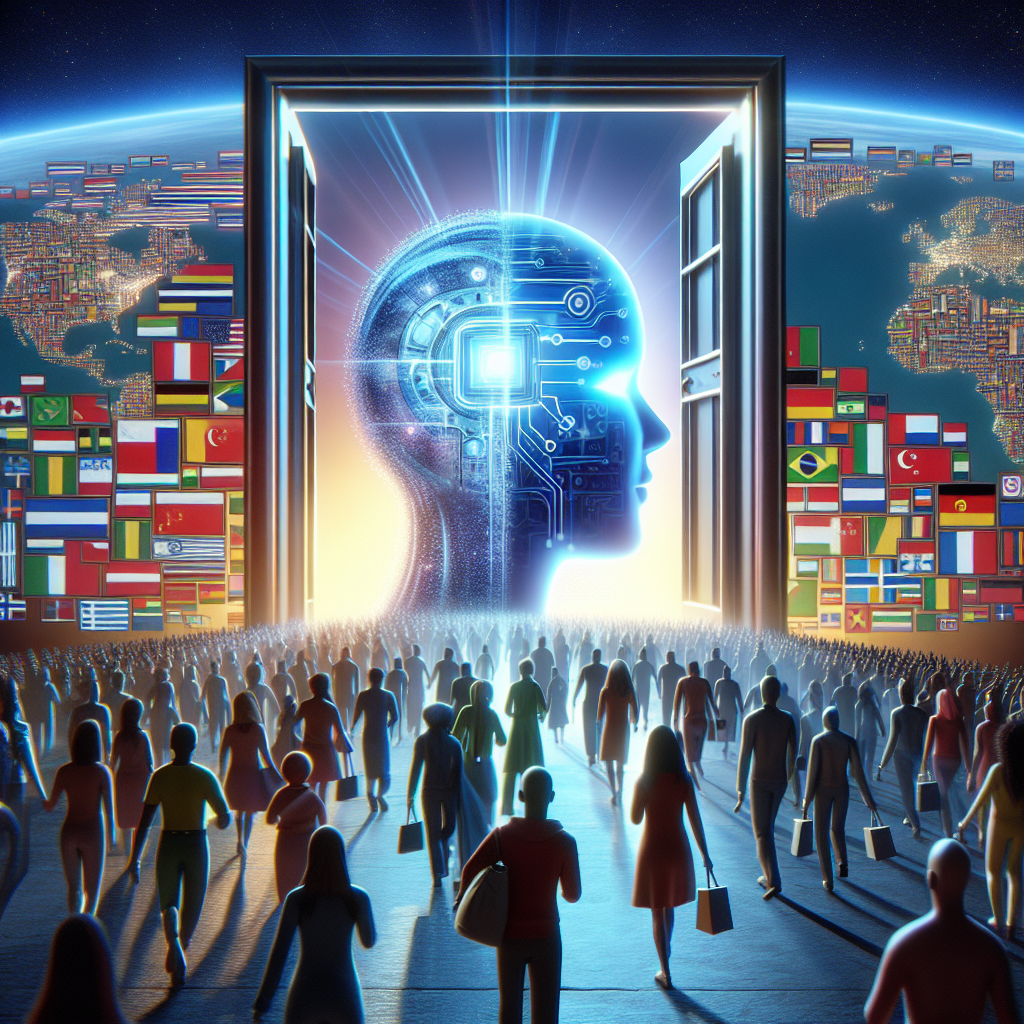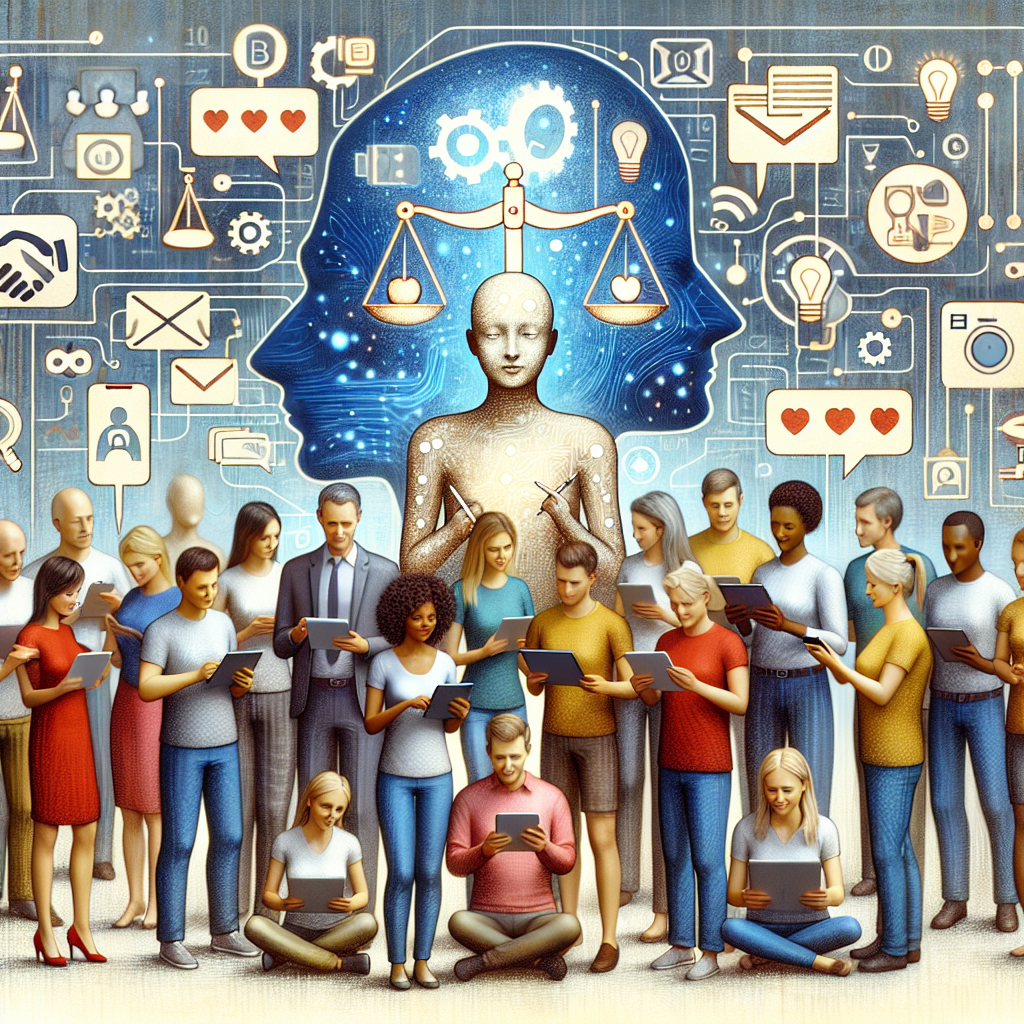In a significant development that could reshape the landscape of artificial intelligence research, Elon Musk has announced that his AI firm, xAI, plans to open source its advanced chatbot model, Grok-2. According to Musk, this strategic move is intended to democratize AI technologies and stimulate innovation within the field.
Grok-2, noted for its sophisticated language-processing capabilities, represents a pivotal step forward in the development of chatbots that can understand and respond to human language with a high degree of nuance and relevance. This announcement was reported by The Economic Times in its recent article, “Elon Musk says xAI will open source Grok-2 chatbot.”
By making Grok-2 publicly available, xAI aims to facilitate a collaborative approach to AI development, allowing researchers and developers worldwide to contribute to and expand upon the model’s capabilities. This open-source strategy is not just a technical decision but also a philosophical one, reflecting Musk’s earlier criticisms of large technology firms that restrict access to their AI systems. He has been vocal about the need for more transparent AI development practices that encourage both safety and widespread benefits.
The implications of open-sourcing such a powerful tool are manifold. It could accelerate the pace at which new applications are developed and significantly lower the barriers for entry for startups and educational institutions aiming to innovate within the AI space. Furthermore, it has the potential to lead to more rapid advancements in AI safety and ethics research by enabling a broader base of experts to test, refine, and audit the technology.
However, the decision to open-source a sophisticated model like Grok-2 also comes with risks. The increased accessibility might lead to misuse or the development of malicious applications, a concern that the AI community continues to grapple with as the technology evolves. In light of these challenges, Musk highlighted the importance of establishing robust frameworks and guidelines to ensure that Grok-2 is used responsibly.
As the AI field moves towards more open and collaborative methods of development, the action taken by xAI could encourage other companies to reconsider their strategies concerning intellectual property and AI research. The move might set a precedent that leads to a more integrated global effort towards understanding and harnessing the potential of artificial intelligence.
In conclusion, the decision by Elon Musk and xAI to open source Grok-2 marks a potentially transformative moment in the AI arena, promoting a model of cooperation that could lead to significant technological leaps forward while also posing new questions about how best to manage and safeguard these powerful tools.



